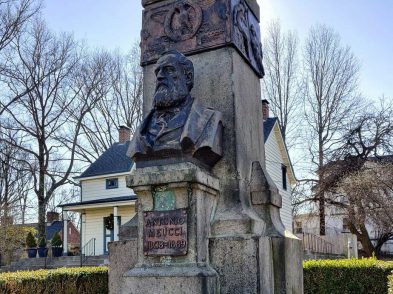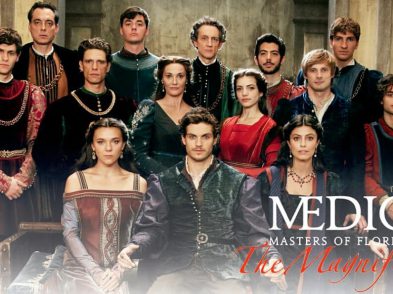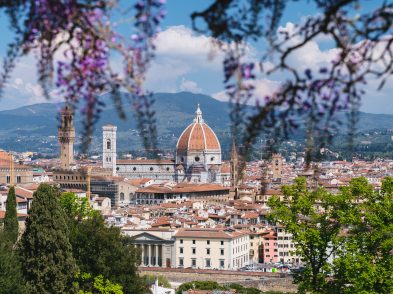To mark the septcentennial of Dante Alighieri’s death, the Dante Society of America is spearheading an ambitious podcast series that highlights the myriad ways in which the ‘Divine Comedy’ continues to resonate with modern readers.
Seven hundred years on, an urbanite contemplating how the pandemic magnified the difficulties of living in a concrete jungle while surfing the internet for properties in the suburbs would notice Dante’s lament about the urban drift into Florence from the countryside. Perhaps he/she would even agree that the birth of capitalism was toxic after a frustrated glance at a retirement fund lurching in a volatile stock market before fleeing the screen for a newspaper, only to be struck by a double-dose of irony. Dante, an immigrant in exile, cast stones at those moving to Florence in search of opportunity as a nation comprised of immigrants set off to build a border wall. Countless themes in Dante’s late medieval swan song ring as clear as a bell in our contemporary reality, and they are certainly worthy of a conversation.
The Dante Society of America has helped shape interactions with Dante’s work since it was founded in Cambridge, Massachusetts in 1880. Henry Wadsworth Longfellow had produced a definitive English translation of the ‘Divine Comedy’ before serving as the society’s first president. Upholding its mission to encourage the study and appreciation of Dante and his cultural legacy, the Dante Society of America, in collaboration with New York University’s Department of Italian Studies (the academic home of its current president, Alison Cornish) and Casa Italiana Zerilli-Marimò is curating Canto per Canto: Conversation with Dante in Our Time. Videos are consistently added to the project’s YouTube channel and, eventually, as the year progresses, conversations will focus on each of the 100 Cantos of the ‘Divine Comedy’. This bold undertaking, like much of the monumentalization of Dante this year, is entirely digital.
The recordings, mostly in English, offer a friendly colloquy between professors and students of Dante. For those in Italian, English translations will be provided or a second English language discussion of the Cantos may be solicited. Each video is around 20 minutes long and consists of a substantial academic exchange of ideas. Beyond summary and analysis of the highlighted canto and its placement in the larger narrative, each conversation ends with a nod to aspects of Dante that seem particularly meaningful in 2021. Many of the conversations address the poet’s historical context and his use of literary devices. Complex metaphor, use of the vernacular language and tone are common themes. While some familiarity with the ‘Divine Comedy’ would be helpful, the talks offer an enticing glance for anyone who harbors curiosity about the epic poem. There is also much to be gained for those who are intimately familiar with Dante since the project’s strength lies in the varied and nuanced perspectives offered. After a year of digital conversations, the format feels familiar and the presentation is far less ephemeral and lacking the combative tone often lurking in traditional academic conference panels. Canto per Canto could serve as a powerful catalyst in classroom discussions for educators who have the pleasure of teaching Dante’s work.
The project invites us to focus our contemporary lens and find value and meaning in Dante, even if what we take away is not necessarily what the Florentine intended. Current reflections are deeply impacted by the continuing pandemic. Separation and reunion, the role of the individual in the collective, social inequality, the nature of friendship and familial relationships point to the state of the world. To that end, Dante scholarship is alive, well and evolving to consider the relationship we have with his work. This is particularly clear in the pairings of seasoned professors with their graduate students. The passing of the baton is evident, and one would hope that it marks the start of a verbal relay race that lasts for another 700 years. What binds these eclectic conversations is an unadulterated sense that Dante’s poem acts as a conduit for introspection. Our contemporary world has a bulimic, presentist attitude toward so much that a distant worldview offers a poignant pause and a welcome space for self-reflection.
The podcast conversations address the tensions in Dante caused by the complexities of his messages that involve several layers of meaning in cantos that do not naturally stand alone. Despite the daedal nature of the poem, the unedited conversations come across as organic and unscripted. Watching the videos is like finding signposts pointing to the philosophical wisdom of Dante that is particularly welcome in trying times. There is a timeless quality in philosophical questions such as if decay is natural, why does it conflict with our human nature to thrive? A wide philosophical lens allows the project to maintain the chasm that separates our modernity from the late Middle Ages. In any reconsideration of Dante, there is always a danger of interpreting the past in present terms. Experiencing Dante’s legacy, it is only natural to want to see sameness in this distant past. Canto per Canto allows us to celebrate the differences and embrace the curious nature of accepting Dante on his own terms. It is not surprising that we are left with more questions than answers.
Tune into Canto per Canto: Conversation with Dante in Our Time
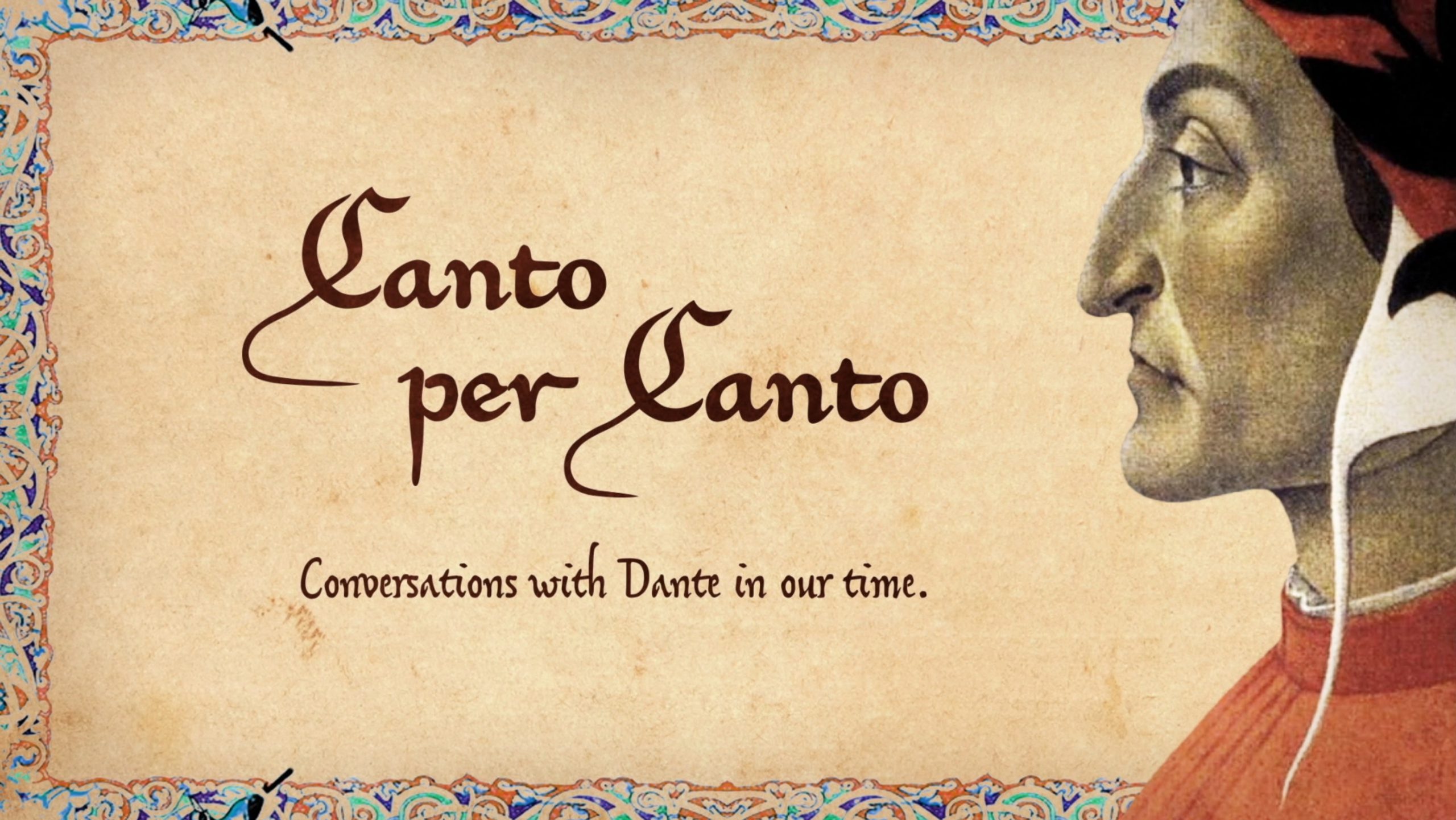
Canto per Canto: Conversations with Dante in Our Time is a collaborative initiative between New York University’s Department of Italian Studies and Casa Italiana Zerilli-Marimò, and the Dante Society of America. The aim is to produce podcast conversations about all 100 cantos of the Divine Comedy, to be completed within the seventh centenary of Dante’s death in 2021. The podcasts are available as YouTube videos, hosted and archived by NYU and the Dante Society of America.
Contribute here: www.dantesociety.org/education-and-outreach/canto-per-canto
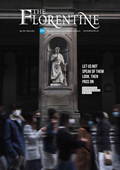
This article was published in Issue 276 of The Florentine.



